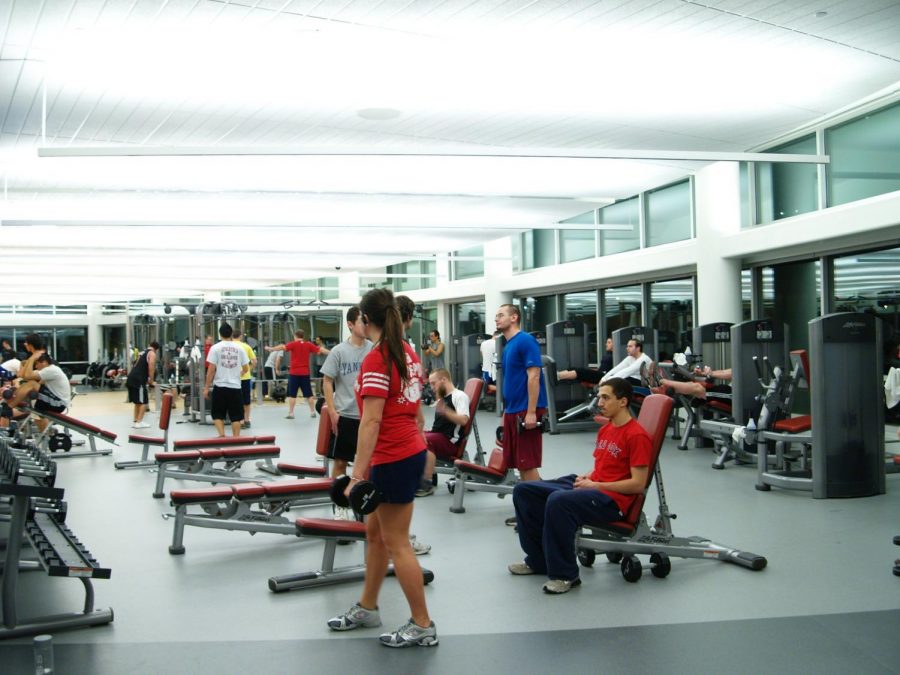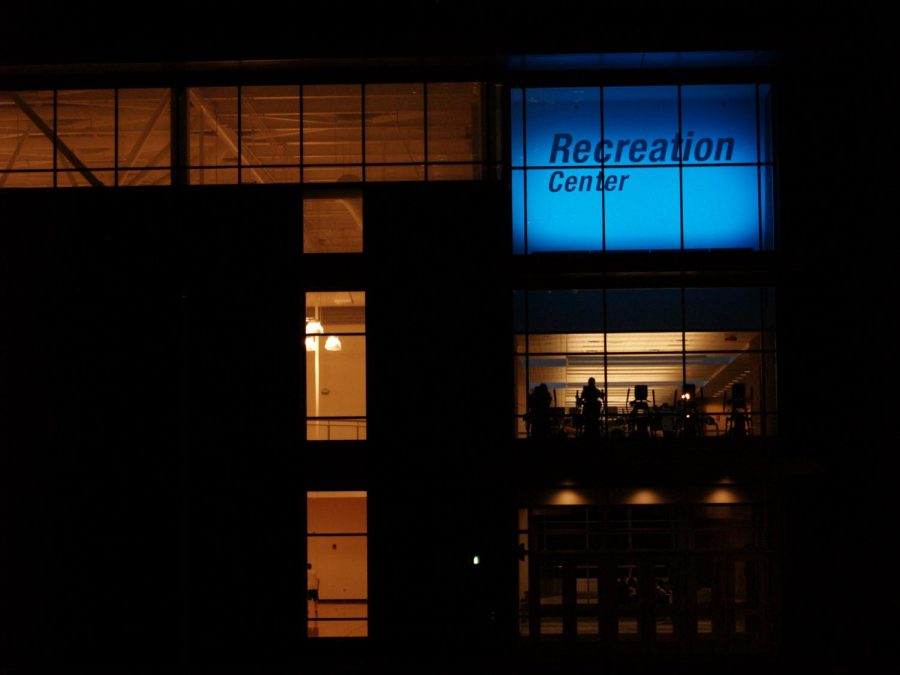After lifetimes of practice, years of preparation and 16 days filled with moments of glory and disappointment, the 21st Winter Olympic Games are over. Held in Vancouver, Canada, there were many remarkable moments of the games, some of which will remain in the record books for years, while others will be long forgotten by the time the winter games are held again in four years in Sochi, Russia.
Dozens of moments stick out important to the 21st Winter Olympiad. Here are just ten of the events (in no particular order) that helped make the Vancouver games “excellent and very friendly,” as International Olympics Committee president Jacques Rogge deemed them.
Canadian figure skater Joannie Rochette seemed to be the personification of elegance and perseverance during her short time in the rink. Her mother, Therese, died of a heart attack while in Vancouver to see her daughter skate. A true professional, Rochette decided to continue to compete for her country, despite visible emotional turmoil. She went on to win the bronze, as well as the hearts of the world, as NBC announcer Bob Costas noted.
In a different sort of ice rink, U.S. speed skater J.R. Celski became the newest focus of American speed skating fans. With Apolo Ohno’s future as an Olympian uncertain for now, Americans have found new hope in the teenager. The two-time bronze medal winner in 2010, Celski was almost unable to compete. At the Olympic trials, he sliced his left leg open, missing a vital artery by millimeters.
These games were also the scene of many firsts. Alexandre Bilodeau became the first Canadian to win a gold medal at home, in freestyle skiing. The Canadian national anthem would be played 13 more times before the flame was extinguished. The American Nordic combined team also saw their first medal after 86 years, thanks to Bill Demong and Johnny Spillane.
These winter games will also be known for their very public feuds. American skiing teammates Julia Mancuso and Lindsey Vonn traded barbs, with Mancuso upgrading to public insults and jeers.
Also pitted against each other were American figure skating gold medalist Evan Lysacek and Russian Evgeny Plushenko. Plushenko told the media that Lysacek was undeserving of his honor because his routine didn’t include the difficult quad jump, whereas his did. Prime Minister Vladimir Putin agreed. What sort of example were these world class athletes setting for their young fans?
Though negative aspects to the games were found, shining moments of athleticism and bravery were shown by two athletes. Lindsey Vonn and Slovenian Petra Majdic played for their countries, though injured. Vonn prevailed over a shin injury, which she stated was “excruciating,” and a broken finger to win gold and bronze medals. Majdic, a cross-country skier, won a bronze medal after a fall in a trial run left her with four broken ribs and a collapsed lung.
No one watching the games could forget the tragic death of Georgian luger Nodar Kumaritashvili hours before the Opening Ceremony. He lost control of his board on one of the big turns at the Whistler track, flying off the ice and into the stands, where he perished upon hitting his head against a steel beam. Tears followed as public statements were made and lugers competed in his name.
The Russians performance will also be remembered. Once predicted to win about 40 medals at the winter games, which they usually dominate, they earned only 15. Russian president Dmitri Medvedev has recently called for the resignation of Russian officials and coaches as a result.
Also expected to do well was Norwegian speed skater Sven Kramer. He would have won the gold in the 10,000 meter race, had his own coach, Gerard Kemkers, not told him to switch lanes. The switch disqualified him, which many media outlets hailed as karma after he publicly insulted an interviewer who had trouble with his last name.
Shaun White, called the flying tomato, is being revered for an amazing trick he completed while snowboarding down the halfpipe. Though he had already won the gold, he decided to please the crowd by executing the Double McTwist 1260 (two flips and three rotations). Simply amazing.
Finally, though Team USA lost, Zach Parise’s goal in the men’s hockey final lifted the hearts of Americans everywhere. The U.S. was not slated to do well in the games up against their foreign teammates in the National Hockey League. They did awesome. Parise scored with less than 30 seconds on the clock, sending them into overtime against Canada, a hockey powerhouse. Though Canada won, it was one of the most important moments in American hockey.
So many other memories in these games should be cherished – Bode Miller’s comeback, Apolo Ohno’s performances making him the most decorated winter Olympian, the U.S. men’s bobsledding team and Shaun White’s coaches swearing like sailors on live TV. These moments taught us the value of athleticism and courage.
One can only hope that the next Olympic Games bring the happiness and entertainment that hailed from Vancouver this winter.
Kate MacDonald can be reached at [email protected].













Kate MacDonald • Mar 3, 2010 at 12:35 pm
W.Bert- thanks! Yeah I just realized that upon reading it this morning. Good catch, and sorry for the oversight!
W.Bert • Mar 3, 2010 at 4:03 am
Hi Kate,
Nice article.
Head’s up that Sven Kramer is Dutch not Norwegian.